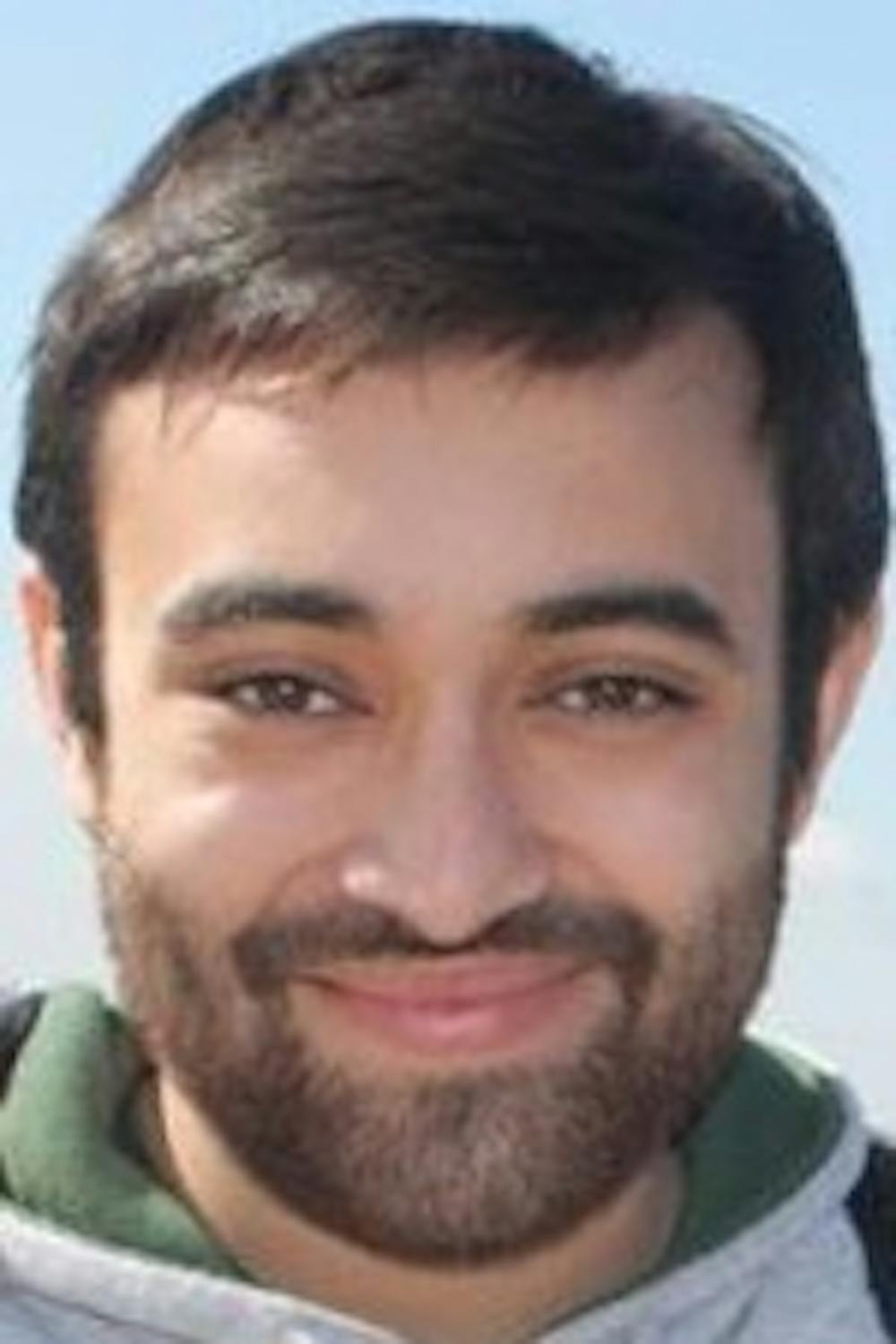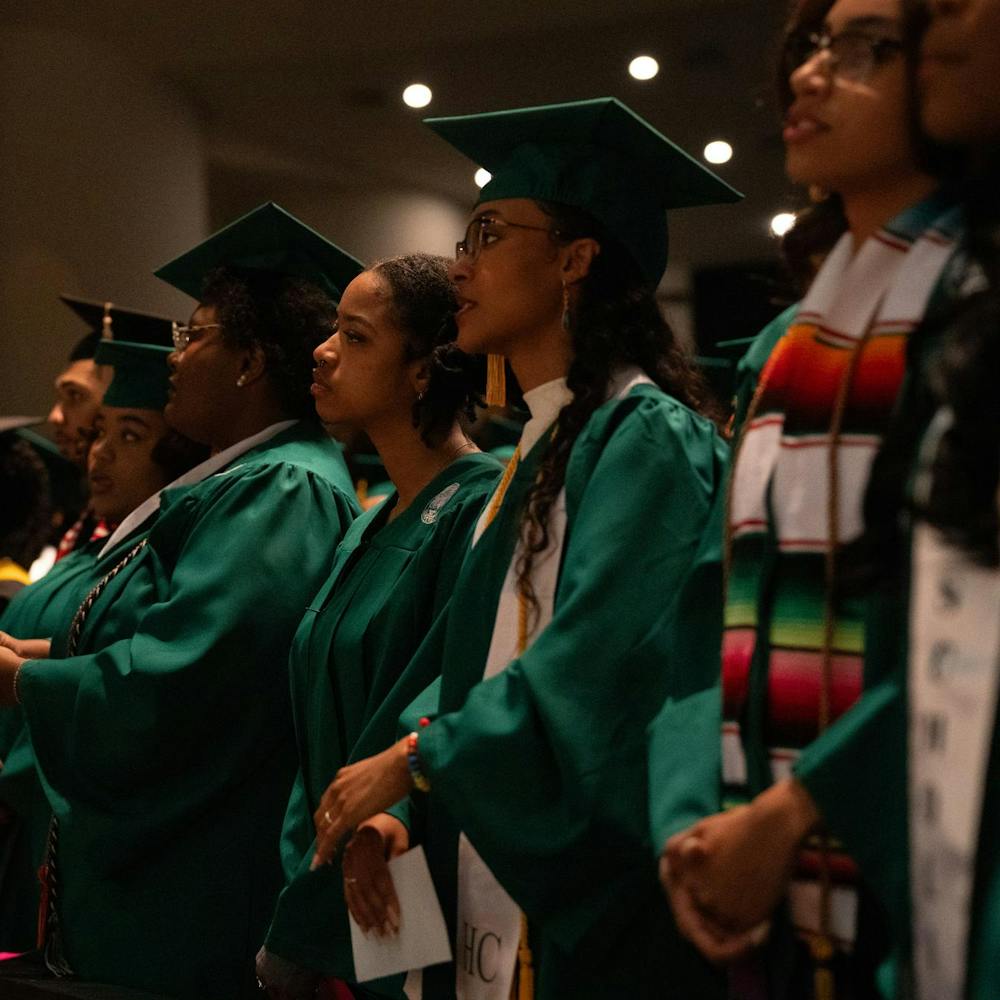Looking back on my primary education, every Martin Luther King, Jr. Day was marked by discussions of building relationships within a diverse community and leaving behind prejudices and discrimination.
After a couple years of higher education and a handful of monumental experiences abroad, I have a question: Why were these discussions always framed in the local and national rather than the global?
Yes, it is true that the day that memorializes the powerful civil rights leader allows us to look upon the manner in which we engage with our community and reflect on how we can create a space that looks beyond personal differences.
In my eyes, this day should not only encompass a wide range of “differences” — be them racial, ethnic, national, sexual or political — but should do so across modern political lines.
This winter, I went on a 10-day trip to Israel on behalf of The David Project, a Boston-based non-governmental organization, or NGO, focused on creating pro-Israel dialogue on university campuses.
This experience, which took both Jewish and non-Jewish students from nine universities across the U.S. (including the University of Michigan, which in itself forced me to look beyond powerful boundaries and build relationships with a Spartan’s worst enemy), changed my life.
It opened my eyes to the way that the media and individuals may frame Israel and its society.
It is easy for us to accept what we hear and place ourselves on one side of the Israeli-Palestinian conflict and argue, from the depths of our hearts, that one side is superior and should overwhelmingly succeed in any peace agreement.
Martin Luther King, Jr. Day has powerful messages for those who, like me, have been caught in this predicament. Firstly, King spoke of the need to understand others, bridge differences and create an atmosphere of coexistence.
In regards to Israel and the Palestinian territories, I encourage every student — whether you are Jewish, Christian, Muslim, black or white — to overcome differences and open your ears and hearts to others. Allow yourself to learn from every individual and do your best to experience the lives that every side of any conflict faces.
I also encourage individuals to recognize political differences when engaging with diversity in our increasingly globalized world. During my time in Israel I was shocked at the amount of political differences within the Israeli population, including the surprising number of people, both Jewish and Palestinian, who said they would give anything — including land hard fought for — for peace in the region. I came across a large population of Israelis who consider themselves both pro-Israeli and pro-Palestinian.
When anyone in the U.S. refers to Israeli citizens, I hope they keep in mind that just as generalizing black and white should be avoided, so should the generalization of entire nationalities, religions and political identities. Israel taught me that a peaceful future will only result from mutual understanding.
Our Israeli guide, Yael, is an incredible individual who showed us powerful aspects of Israeli society, covering all sides of the Israeli-Palestinian conflict while approaching her world as both a modern university-educated woman and a reformed rabbi. Yael shared a story today on Facebook from the Parashat-Beshalach, a component of the Bible, about Moses.
During his period of leadership, Moses attempted to judge the people of Israel on his own and raises his arms to do so.
However, he is reminded by his father-in-law and another priest that if he attempts to judge on his own, the weight of the responsibility will be far too much for a single man and a counsel of leaders to share the responsibility would be both more realistic and reliable.
For me, a comparatively non-religious man, this story was powerful as it spoke of the fact that no one can lead a movement or change the world on his own.
One must work with every human around the world, not just those in your community, in order to make the world a place that men like Martin Luther King, Jr. envisioned.
Daniel Becker is a comparative cultures and politics and international relations junior. Reach him at becker76@msu.edu.
Support student media!
Please consider donating to The State News and help fund the future of journalism.
Discussion
Share and discuss “Discuss international conflicts this MLK Day” on social media.







